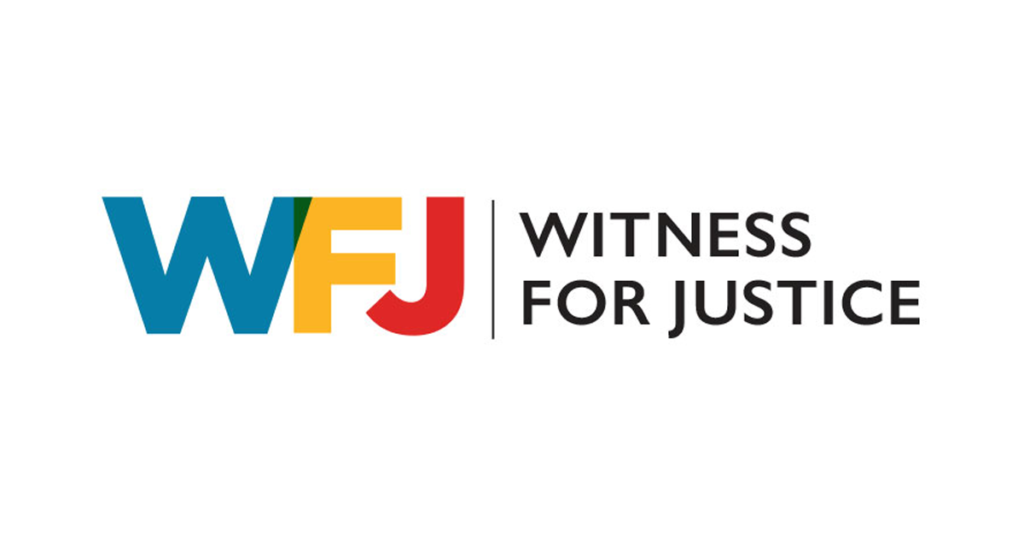Commentary: Recovery as Discipleship
 I could hear the distress in her voice. The pastor called me to talk about a serious problem. “What are we doing as a church about the opioid crisis? It’s hitting our city, it’s hitting our church. What resources do we have to help?”
I could hear the distress in her voice. The pastor called me to talk about a serious problem. “What are we doing as a church about the opioid crisis? It’s hitting our city, it’s hitting our church. What resources do we have to help?”
What, after all, can one church do to address what has been declared a public health emergency, in which 116 people die every day from an opioid-related drug overdose (https://www.hrsa.gov/opioids)? According to experts, the keys to ending the opioid crisis have everything to do with prevention and increasing access to treatment for addiction, including access to overdose reversal drugs.
How can people of faith be part of the solution? Sonia Waters writes in Addiction and Pastoral Care that there’s important, live-saving work for churches to do in the face of the opioid crisis. She says it helps, first of all, to shift our understanding of addiction. Addiction is not something that happens as a result of someone seeking pleasure. To categorize addiction as personal sin is unfair, harmful theology.
Addiction happens because people are in pain and looking for ways to survive their suffering. Studies show that people use drugs and alcohol to manage stress—the weight of the world’s violence and oppression (social sins)—and stress can trigger the experimentation with highly addictive drugs. We need to stop asking “Why the addiction?” and instead ask “Why the pain?”
As people seeking God’s healing and justice, with the understanding of addiction as the result of social sin, we can understand that addiction recovery requires community resilience and political advocacy. Advocating for the end of discrimination in the form of racism, homophobia, transphobia, ableism, sexism and socioeconomic insecurity can strengthen communities and help prevent addiction.
Surrounding people with loving, caring, social safety nets—extending meaningful connections through our faith communities—can also prevent addiction and support recovery.
As followers of Jesus, we can journey with people “through the valley of the shadow of death” and rise with them out the other side of suffering and trauma. As the church, we can be living witnesses of Dr. Waters’ words: “Addiction is not about our movement away from God, but about God’s staying with us even when we suffer.” Churches support recovery when they become a secure, loving base. Faith practices like mindfulness, meditation, and prayer can help decrease stress and support people in their one-day-at-a-time sobriety. Churches can help people connect to God and one another.
“What can we do to help?” This is an important question for each of our faith communities to consider. Some ministers are becoming trained in how to administer life-saving reversal treatments (called NARCAN) to people experiencing an overdose (https://www.wamc.org/post/clergy-get-narcan-training-response-opioid-crisis-berkshires).
We are figuring this out together and need to share with each other what’s working so that we can learn from one another. Email me with your stories of how your faith community is impacted by the opioid crisis and what ways you are finding help: lunds@ucc.org.
Sarah is Associate General Minister for Global Engagement and Operations and Co-executive for Global Ministries of the United Church of Christ.
View this and other columns on the UCC’s Witness for Justice page.
Donate to support Witness for Justice.
Click here to download the bulletin insert.
Related News
Liturgical Movements in Prose with Purpose
I am a reader of books and have been since the age of three. One of my childhood favorites was...
Read MoreI Hope Everyone Can Live. I Will Help.
“Truly I tell you, whoever does not receive the kingdom of God as a little child will never...
Read More
